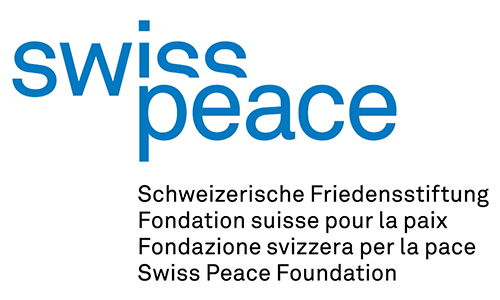Preventing Violent Conflicts
Conflict prevention remains high on the international policy agenda. Mediation and peacebuilding programs, which aim to address tensions before they escalate, reflect the global recognition of the need for proactive measures. Conflicts such as those in Iraq, Sudan, or Yemen have only increased interest in how to prevent violent conflicts, locally, nationally and internationally.
The course will dive into tools for preventing and mitigating conflicts. Participants learn about early warning and early response mechanisms, dialogue processes, conflict sensitivity, dealing with the past and transitional justice mechanisms, and how to apply these tools to various conflict contexts. Additionally, the course will explore how the rise of artificial intelligence (AI) can contribute to peacebuilding and conflict prevention. For instance, AI-powered predictive analytics can help identify early warning signs of potential conflicts by analyzing large datasets of social, economic, and political indicators. Lessons learned and case studies from conflict contexts such as Afghanistan, Ukraine, Tunisia, Sudan, South Sudan, and Bosnia and Herzegovina will be analyzed.
This virtual course provides a unique opportunity to explore conflict prevention issues and strategies from different perspectives, alongside a diverse group of experts and practitioners.
- Examine the conceptual foundations of conflict prevention and learn about theoretical and practical aspects of conflict prevention methods
- Reflect on migration and dealing with the past from a conflict prevention perspective
- Explore the potential and application of conflict prevention methods such as early warning and early response or conflict sensitivity in different contexts
- Learn how to design conflict prevention measures in response to concrete opportunities and challenges
- Learn from experienced conflict prevention practitioners, identify best practices, and draw lessons from other contexts for their own work
- Exchange experiences and become part of a community of practice.
This course is designed for:
Professionals working in or on fragile and conflict-affected contexts and interested in conflict prevention and early warning- and response;
Practitioners supporting the design and implementation of conflict prevention measures;
Practitioners and academics who want to complement their own areas of expertise with current conceptual insights and practical knowledge on preventing violent conflicts.
Location
To apply for the course, please click on the button. Apply now
| Topics | |
| Languages | English |
| Evaluation | Confirmation of Participation |
| Target Audience | |
| Methods | |
| Accreditation | |
| Certificate |
If you have any questions about this course, please get in touch.
In order to send a message, please click on this button. Get in contact

